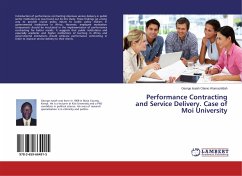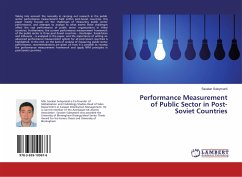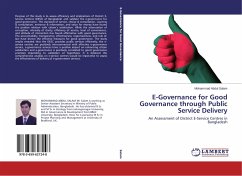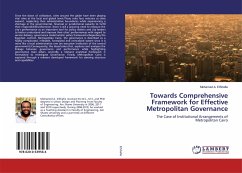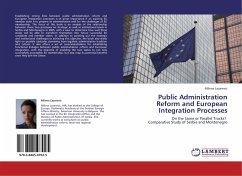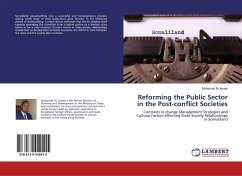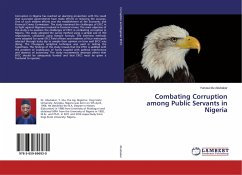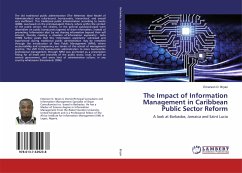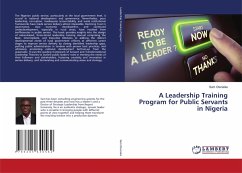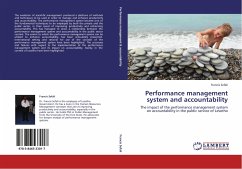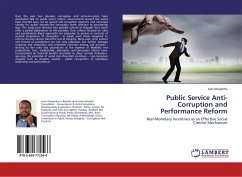
Public Service Anti-Corruption and Performance Reform
Non-Monetary Incentives as an Effective Social Control Mechanism
Versandkostenfrei!
Versandfertig in 6-10 Tagen
27,99 €
inkl. MwSt.

PAYBACK Punkte
14 °P sammeln!
Over the past two decades, corruption and anti-corruption have dominated talk on public sector reform. Governments around the world have enacted laws, set up special anti-corruption agencies; and increased salaries for public servants.Yet, corruption levels continue to persistently soar. The study puts forward two possible schools of thought that could offer a partial explanation to this paradox. One, reform focused on rules and punishments (legal approach) are expensive to pursue in contexts of societal acceptance of corruption - in which even those supposed to enforce the law cannot stand th...
Over the past two decades, corruption and anti-corruption have dominated talk on public sector reform. Governments around the world have enacted laws, set up special anti-corruption agencies; and increased salaries for public servants.Yet, corruption levels continue to persistently soar. The study puts forward two possible schools of thought that could offer a partial explanation to this paradox. One, reform focused on rules and punishments (legal approach) are expensive to pursue in contexts of societal acceptance of corruption - in which even those supposed to enforce the law cannot stand the test of integrity. More over, strict control and threats of punishment are not only expensive, but further damage creativity and innovation and promotes inertness among civil servants - sticking to the rules and procedures at the expense of flexibility and productivity. Two, traditionally, alternative anti-corruption efforts have concentrated on financial benefit incentives to deter corrupt behaviour, ignoring the potential of social (non-financial) incentives - non-monetary rewards such as integrity awards - public recognition of exemplary leadership and performance.





